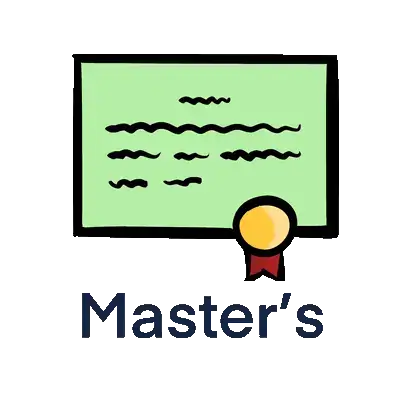When you write an essay or answer an exam question, it’s not enough merely to know the answer. Knowing the answer is certainly important, but you also have to be able to write the answer down in a way that will convince the examiner that you know the answer. Most people find this difficult. Follow these top tips for success.










Start the discussion!